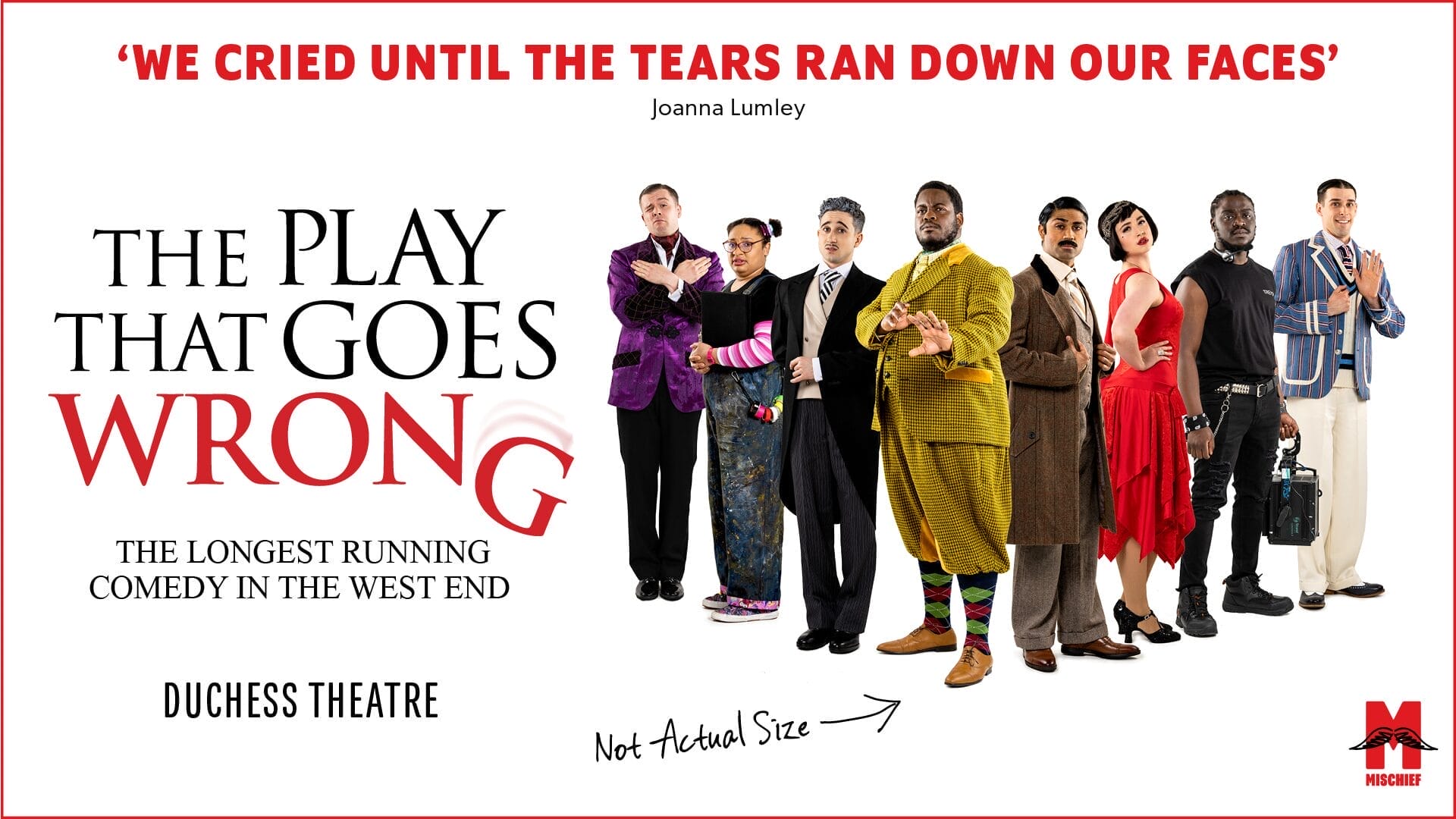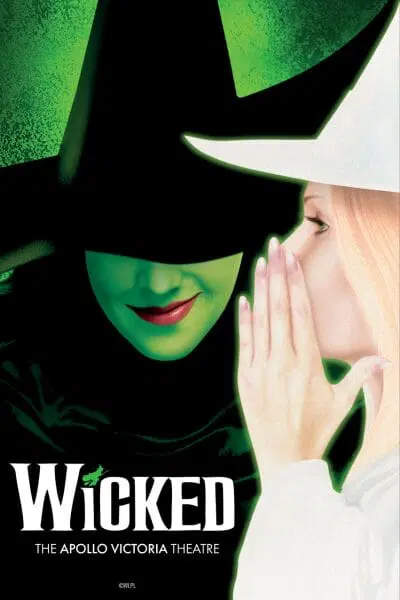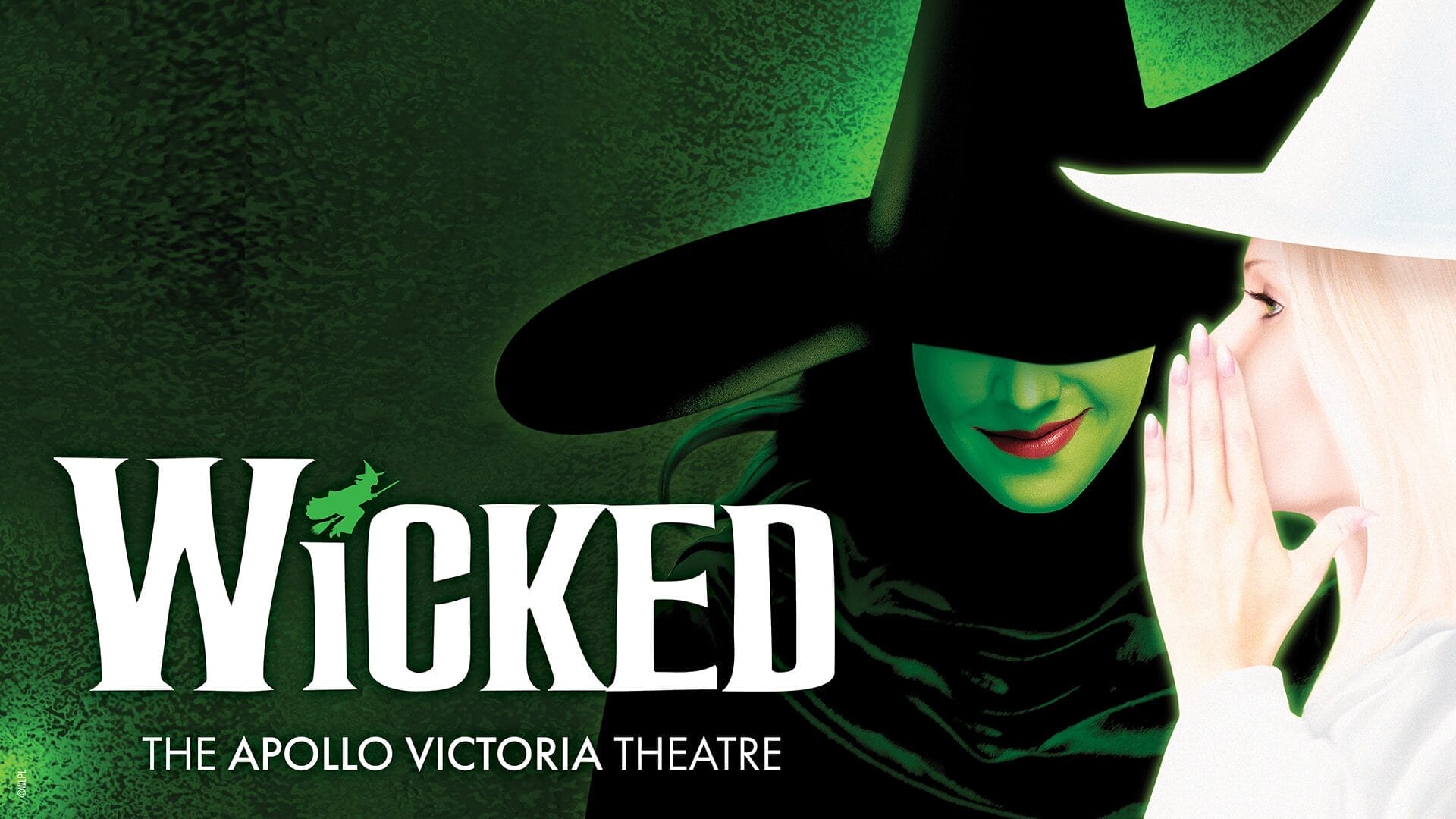Scott Organ is the writer of 17 Minutes, which follows a community left in the wake of a tragedy, searching for someone to blame.
This critically acclaimed drama by American playwright Scott Organ (What Comes Around, Toronto International Film Festival) takes an intimate look at how the unexpected consequences of gun violence reverberate through a community over time.
17 Minutes heads to the Edinburgh Fringe following a successful off-Broadway run, and is presented by the Barrow Group, under the leadership of co-Artistic Directors Seth Barrish (The Old Man and the Pool, Broadway), Lee Brock (Remember Me) and Executive Director Robert Serrell, in conjunction with Marshall Cordell.
17 Minutes is directed by Barrish and stars Lee Brock, Larry Mitchell (Paterno; We Own This City, HBO), Michael Giese (Nurse Jackie, Showtime), DeAnna Lenhart (The Thing with Feathers, Off-Broadway), Shannon Patterson (The Heckler) and Brian Rojas (A Good Person).
More information can be found here
17 Minutes is coming to Edinburgh Fringe, what can you tell us about this play?
Andy Rubens is an Ohio Sheriff’s Deputy charged with protecting lives at a high school, a job he loves. One winter morning shots ring out after school starts. 17 Minutes is the amount of time Andy stands outside a school while shots are fired inside. This play explores the residual effects of those 17 minutes on the sheriff’s deputy and the community – what happens after the news vans leave. Andy’s journey begins in denial and wends its way through complicity and despair, ultimately leading Andy to a simple choice. Though the subject matter is grave, 17 Minutes is ultimately a play about hope and forgiveness.
What first inspired you to write it?
I’ve wanted to write about the problem of gun violence, but only if I could find a unique way in. When I thought of the character of Andy, the sheriff’s deputy, I knew his story was one I had never seen before and wanted to explore. What happens when the ones charged with our safety prove to have human failings? When one of these incidents occurs, who shares the blame? Where do we direct our rage? Can we move on and if so, how?
What kind of research did you have to do, and did anything about what you learned surprise you?
I focused my research on police responses to shootings and the human response to trauma such as during warfare. This is where the seed of the idea started. Responses to these horrible incidents are always subject to human failings. At the shooting in Columbine, the police response was restrained, because they assumed this must be a hostage scenario, because it was unthinkable at the time that anyone would perpetrate a massacre. This changed police protocol moving forward, of course, but the situation is never simple as we see over and over again.
One thing that surprised me in my research was how chaotic and imprecise a police response to a shooting can be despite training.
It previously ran in New York, have there been any changes for this run at Edinburgh Fringe?
We had an extended and critically-acclaimed Off-broadway production of the play. The cast and script remain intact. Our changes are all about bringing our play into a new space, with new technical limitations and to a new audience. Another change is that we’re all slightly older. We are all excited about being at the Fringe, sharing our play, and exploring all there is to offer.
How do you think British audiences will react to this story?
My suspicion is British audiences must wonder what the heck is going on across the pond with our guns and gun violence and I don’t blame them. My hope is that this concern and confusion will bring them to our show where I think we do a respectful job exploring a real human response to a vexing American problem, particularly regarding what happens after the news trucks leave town. Ironically, many of our current issues with gun violence are connected to our fight for independence from England and our early efforts to protect against an overly-powerful central government. There is a strong case that these original ideas have been twisted and manipulated.
What would you say to anyone thinking of booking to see 17 Minutes?
I would tell them first and foremost this is a play of hope and renewal, despite its difficult subject matter. This play is not a polemic, nor is it a lecture. This is a play about people struggling to make sense of the senseless. I would also say this is the finest production I’ve ever been involved in.

















